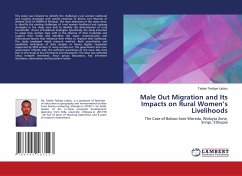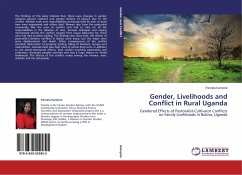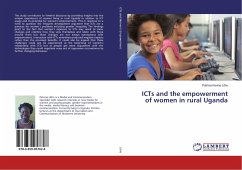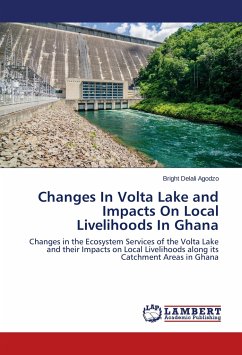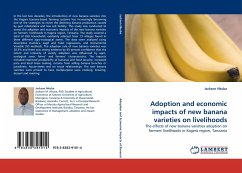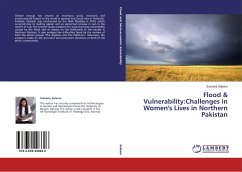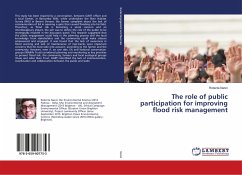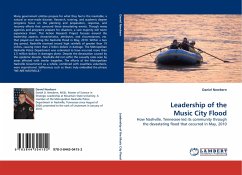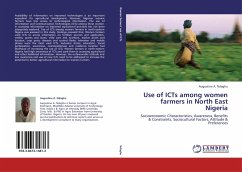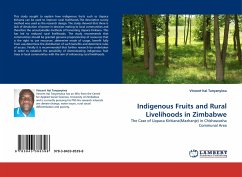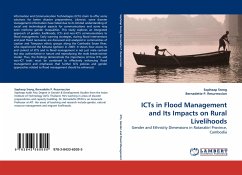
ICTs in Flood Management and Its Impacts on Rural Livelihoods
Gender and Ethnicity Dimensions in Ratanakiri Province, Cambodia
Versandkostenfrei!
Versandfertig in 6-10 Tagen
32,99 €
inkl. MwSt.

PAYBACK Punkte
16 °P sammeln!
Information and Communication Technologies (ICTs) claim to offer some solutions for better disaster preparedness. Likewise, some disaster management information have failed due to its limited understanding of social and technological aspects for communications and some may even reinforce gender inequalities. This study explores an integrated approach of gender, livelihoods, ICTs and non-ICTs communications to flood management. Early warning strategies, during flood interventions and post flood recoveries are discussed and analyzed in communities of Laotian and Tompoun ethnic groups along the C...
Information and Communication Technologies (ICTs) claim to offer some solutions for better disaster preparedness. Likewise, some disaster management information have failed due to its limited understanding of social and technological aspects for communications and some may even reinforce gender inequalities. This study explores an integrated approach of gender, livelihoods, ICTs and non-ICTs communications to flood management. Early warning strategies, during flood interventions and post flood recoveries are discussed and analyzed in communities of Laotian and Tompoun ethnic groups along the Cambodia Sesan River, who experienced the Ketsana typhoon in 2009. It shows how access to and control of ICTs and in flood management is not just male centred but also authoritative in nature and reproducing the male bread-winner model. Thus, the findings demonstrate the importance of how ICTs and non-ICT tools must be combined to effectively enhancing flood management and emphasize that further ICTs policies and gender approaches related to flood management should be enhanced.



